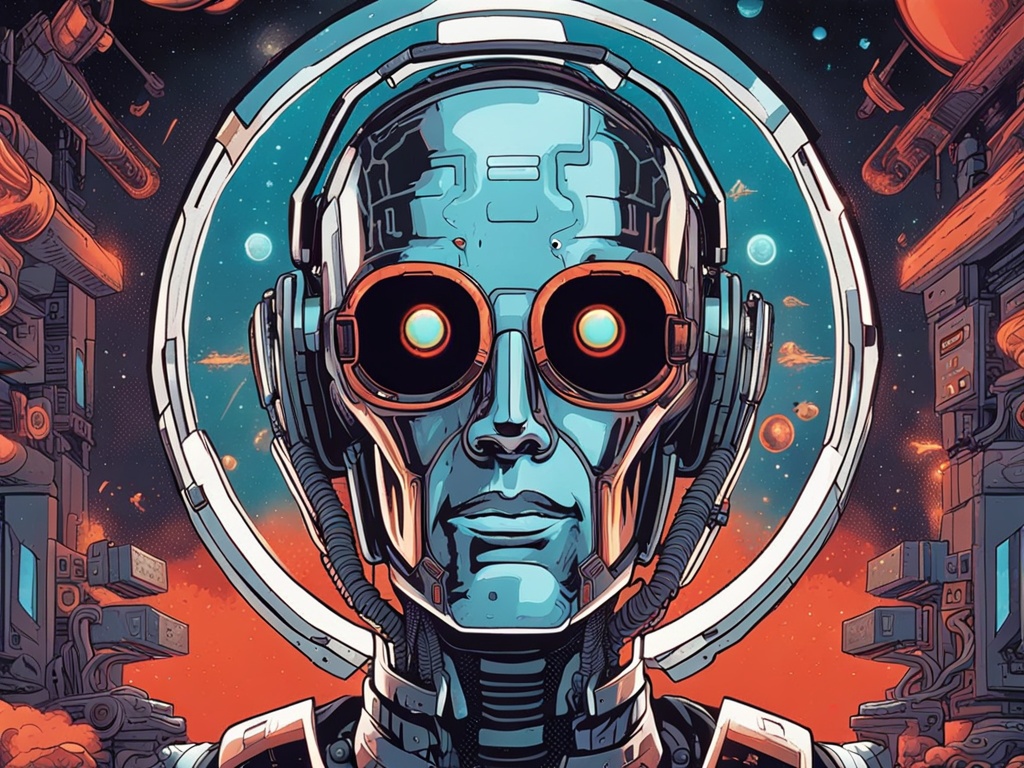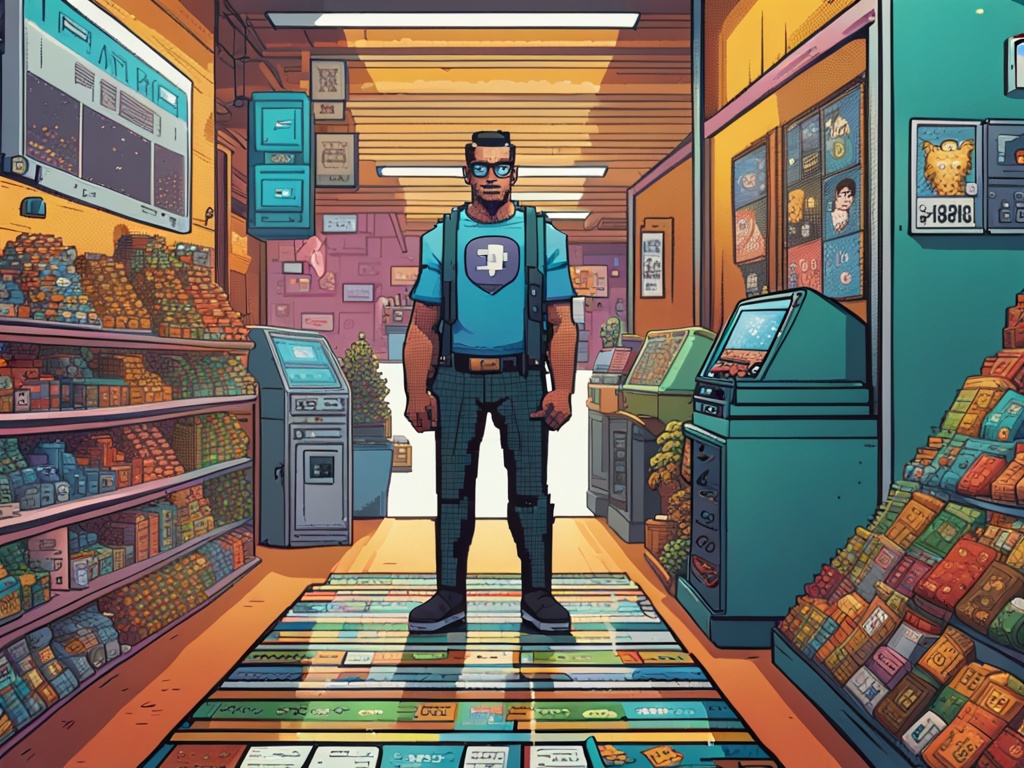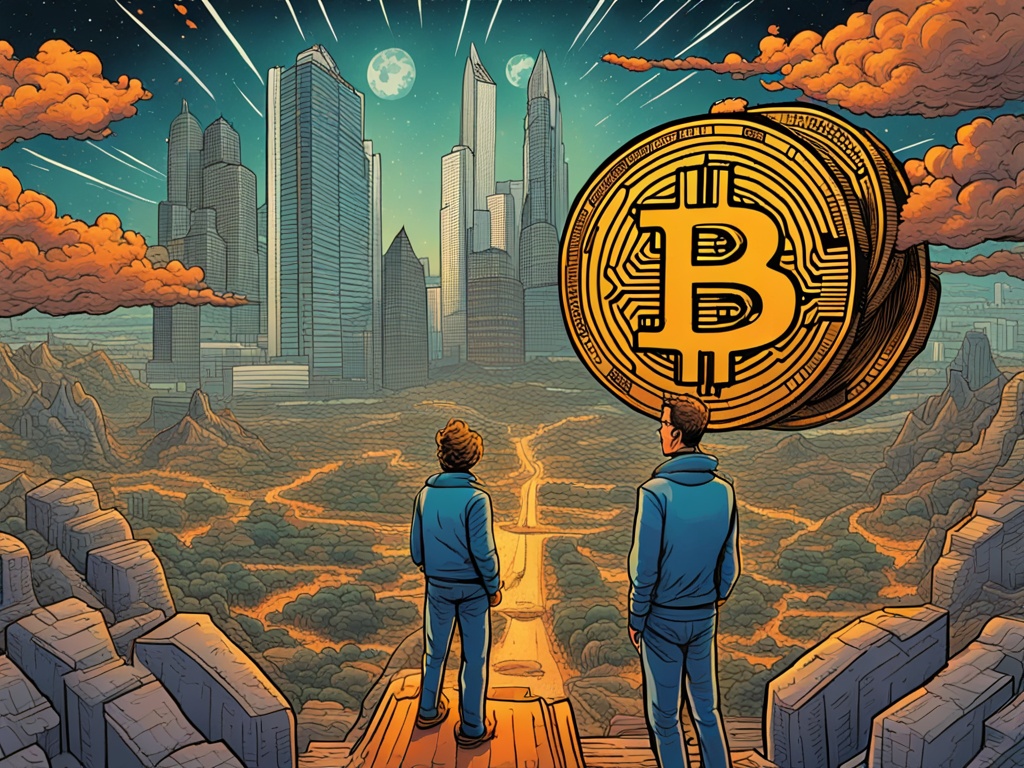Is AI the Future of Film or a Threat to Creativity?
Imagine you’re sitting in a packed theater, the lights dim, and the buzz in the air is electric. The latest blockbuster unfolds on screen, gripping the audience with stunning visuals and a storyline that leaves you breathless. But here’s the kicker: what if a good chunk of that creativity and innovation came from artificial intelligence? It’s a conversation that’s heating up in Hollywood, and as someone who closely follows both the crypto and tech landscapes, I can’t help but draw parallels.
Key Takeaways
- Ridley Scott’s evolving view on AI reflects a broader acceptance of technology in filmmaking.
- AI is seen as a tool that can reduce production costs and enhance creativity.
- Concerns remain about AI’s impact on jobs and the need for ethical usage.
- Collaboration between humans and AI is essential for the future of creative arts.
So, let’s dive into what this means for us as investors and enthusiasts in the crypto and tech space.
The Narrative Shift in Hollywood About AI
Ridley Scott, known for his groundbreaking films like "Blade Runner" and "Gladiator II," has shifted from viewing AI as a “weapon of mass destruction” to considering it a game-changing tool. It’s refreshing, don’t you think? One of the biggest challenges in any creative field is balancing the art with the economics, and AI could help streamline that. Scott stated, “You can have done in a week what would take 10 guys 10 weeks.” Can you even imagine the implications of such efficiency in other sectors—especially in something like movie production where budgets can spiral out of control?
Now, while Scott is optimistic, he’s also realistic. He mentioned that AI might not create a ton of jobs but will require specialized skills to harness it effectively. That sounds familiar, right? In crypto, we talk about the skills necessary to navigate trading platforms and blockchain technologies. So much of success in both fields comes down to who knows how to best use the tools at their disposal.
AI: A Double-Edged Sword
Let’s talk about cost. In a world where movie budgets are often the stuff of legend—think hundreds of millions for superhero flicks—using AI could result in significant savings. Ashton Kutcher also weighed in on this, suggesting that AI could replace certain aspects of filmmaking that are labor-intensive. However, he got a wave of backlash for it. People aren’t keen to hear that their jobs could be at risk, even if it’s done in the name of efficiency. It harks back to our own worries in crypto about the automation of trading processes.
On the flip side, there’s a moral imperative. Scott Mann, another filmmaker, emphasizes that human creativity must remain at the forefront. We can’t allow AI to become a replacement for talent; instead, it should act as a collaborator. This is similar to how we view blockchain technology in crypto. It’s about enhancing our financial systems without losing the necessary human touch. Isn’t it interesting how these themes seem to weave together across industries?
Embracing Change: Practical Tips for Investors
So, how does all this relate back to you as an investor? If you’re looking to navigate the evolving landscape of AI in the creative arts or even the finance industry, here are a few practical tips:
-
Stay Informed: Keep track of developments in AI technology—which companies are emerging, which AI tools are being adopted in various industries, and how they might intersect with crypto. The more you know, the better decisions you can make.
-
Invest in Ethical Companies: Look for companies that prioritize ethical AI use. There’s a growing demand for transparency and responsibility in GI deployment. This could be essential for long-term sustainability in both film and tech.
-
Look for Collaborations: Just as creators need to work with AI, think about companies that adopt collaborative approaches—be it in film or blockchain. Those that encourage human and AI synergy could well be the frontrunners.
-
Monitor Skills Development: As AI permeates different fields, so does the need for skill development. Think about investing in educational platforms or tech that upskills people for the new demands created by AI.
- Engage Emotionally with Your Investments: Passion projects often yield the highest returns. In both filmmaking and crypto, the emotional resonance can be a powerful driver. If you believe in the mission of a project or company, support it.
Personal Insights
As someone who’s been knee-deep in this space, I can’t help but see the glittering opportunities amid the swirling uncertainty. When I see directors like Scott adapting to new tools, it fascinates me. It tells me that creativity hasn’t slammed the brakes due to tech; instead, it’s evolving. Just like in crypto, where innovation and creativity drive change, here too, the artistic landscape is ripe for disruption.
I mean, we can’t ignore the fact that a seamlessly blended future of human intelligence and AI could lead to masterpieces we haven’t even envisioned yet. The same goes for finance—perhaps the tech that develops will lead to financial products that meet needs we currently can’t even comprehend.
Concluding Thoughts
So here’s a fun thought to ponder: if AI can potentially enhance our creative landscapes, what does that say for industries like crypto where innovation is key? Are we ready to embrace such radical tools, or will we cling to traditional methods that could hold us back? It’s a conversation worth having, not just in Hollywood, but across every sector where creativity intertwines with technology. What do you think?





 By
By

 By
By
 By
By
